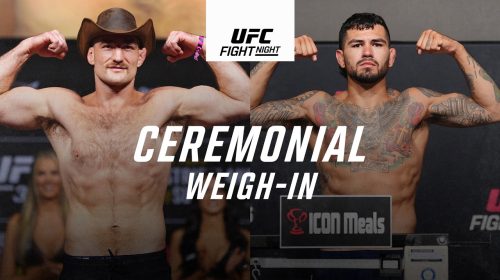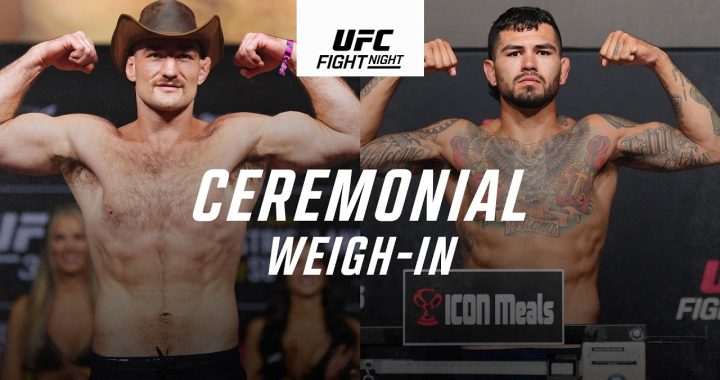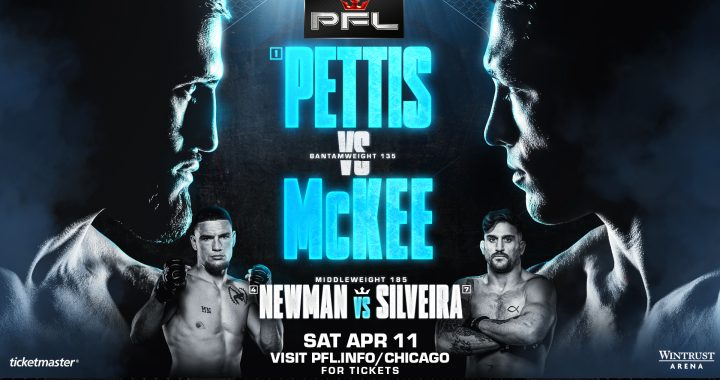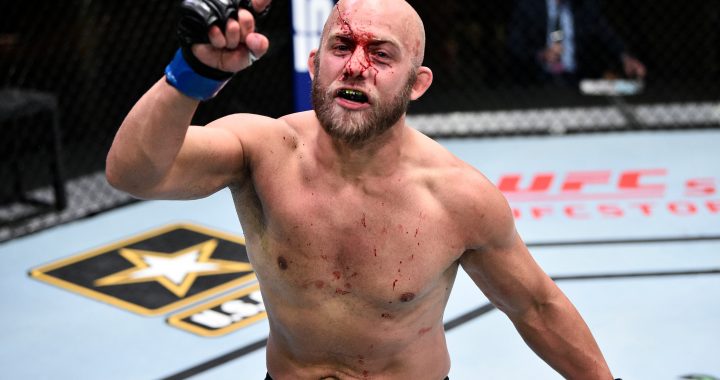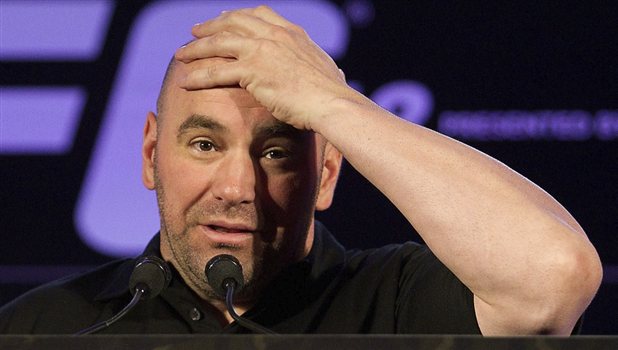
MMA lawsuit in New York dismissed on technicality
MMA lawsuit in New York dismissed on technicality
Despite Finding that New York is Misapplying Its MMA Law, Court Dismisses on a Technicality UFC’s lawsuit Challenging the Law
Las Vegas – Judge Kimba Wood of the United States District Court for the Southern District of New York ruled on UFC® and other Plaintiffs’ claim that New York’s mixed martial arts (MMA) law is so vaguely written that reasonable people could not understand what it prohibited.
While avoiding ruling on the legality of New York’s MMA statute on technical grounds, the judge advised UFC to “consider filing new vagueness claims.” She said that the Attorney General’s “recent statements that the Ban prohibits sanctioned MMA” were made “despite [the law’s] plain language to the contrary.”
The Court’s decision confirms that New York law allows sanctioned professional MMA and that the AG is wrong in prohibiting it. UFC is a responsible corporate citizen and has chosen not to act contrary to the AG’s position, even though that position is legally unsustainable.
UFC, through the legislative process, has worked for years to have professional MMA legalized in New York, as it is in every other state in the nation. New York’s law was passed in 1997, when MMA was in its infancy and lacked the safety regulations that the UFC has introduced over the last decade.
The poorly written law, as interpreted by the State Athletic Commission, prohibits professional MMA, but allows (without State regulation) martial arts events that combine martial arts styles, like K-1 and Muay Thai. Also the law – which the AG conceded in this lawsuit does not prohibit amateur MMA – leaves amateur MMA wholly unregulated, a fact the Association Boxing Commissioners have condemned.
UFC and the Plaintiffs are considering all options, including an appeal of the decision and the Court’s suggestion that they file new claims challenging the law.
The plaintiffs are being represented in this action by Barry Friedman, the Jacob D. Fuchsberg Professor of Law at New York University School of Law, and Jamie A. Levitt of Morrison & Foerster LLP in New York.

